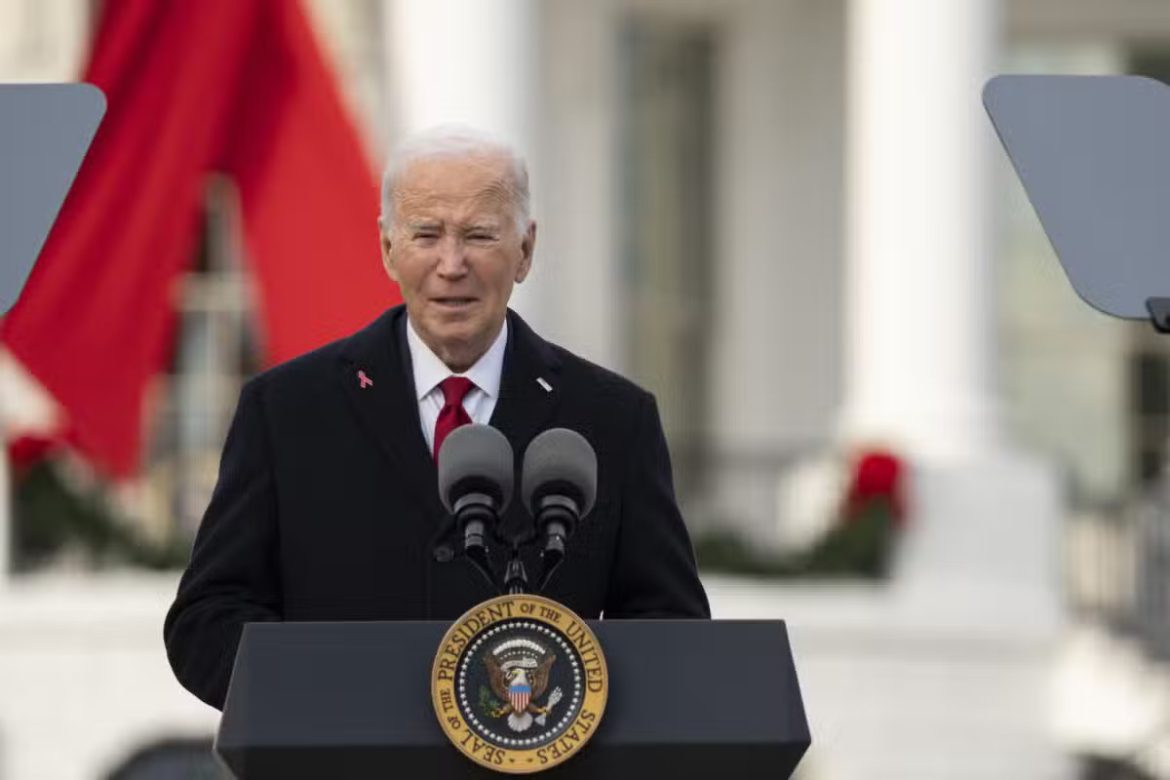President Joe Biden pardoned his son, Hunter Biden, just weeks before he was to be sentenced for gun possession and tax offenses, an action that resonated widely across political spheres and has received mixed reactions from across the political spectrum.
The announcement was made by President Biden on December 1, 2024. The timing of the pardon was significant, occurring as President Biden’s term in office neared its conclusion. President-elect Donald J. Trump is set to take over in the coming weeks. While the pardon has ignited conversations, it also underscores the complexities surrounding presidential pardons, particularly those involving family members.
The charges against Hunter stemmed from a gun purchase made in 2018, where he allegedly lied about his drug use. Additionally, Hunter faced accusations of tax evasion. The legal proceedings attracted significant media attention, largely due to Hunter’s relationship with President Biden. Legal experts noted that the pardon effectively nullifies any forthcoming penalties Hunter might have faced upon sentencing.
Upon issuing the pardon, President Biden reiterated his commitment to impartiality during his presidency. This decision, however, marked a noteworthy deviation from his previous statements. In the past, Biden had assured the public that he would not employ presidential powers for personal gain or to aid family members. The pardon of Hunter Biden contradicts these earlier assertions, prompting various discussions about presidential authority and integrity.
The pardon places Joe Biden among the ranks of presidents who have pardoned family members. Historical precedents include Bill Clinton, who pardoned his brother, and Donald Trump, who extended clemency to several supporters and associates. These instances highlight the presidential pardon’s role as a tool that often sparks debate about its implications and ethical considerations.
Media outlets have covered the pardon extensively, examining its potential impact on both the Biden family and the broader political landscape. Analysts have commented on how the move might affect Biden’s legacy as he prepares to leave office. Some believe the pardon could undermine public confidence in the justice system, as critics argue that it reinforces perceptions of a two-tiered justice system where influential individuals receive preferential treatment.
Meanwhile, supporters of the president have defended the decision, emphasizing the challenges and personal struggles Hunter Biden has faced over the years. They argue that the pardon was a compassionate gesture rooted in familial love and the hope for redemption. The discourse surrounding the pardon also reflects broader societal debates about justice, fairness, and nepotism.

